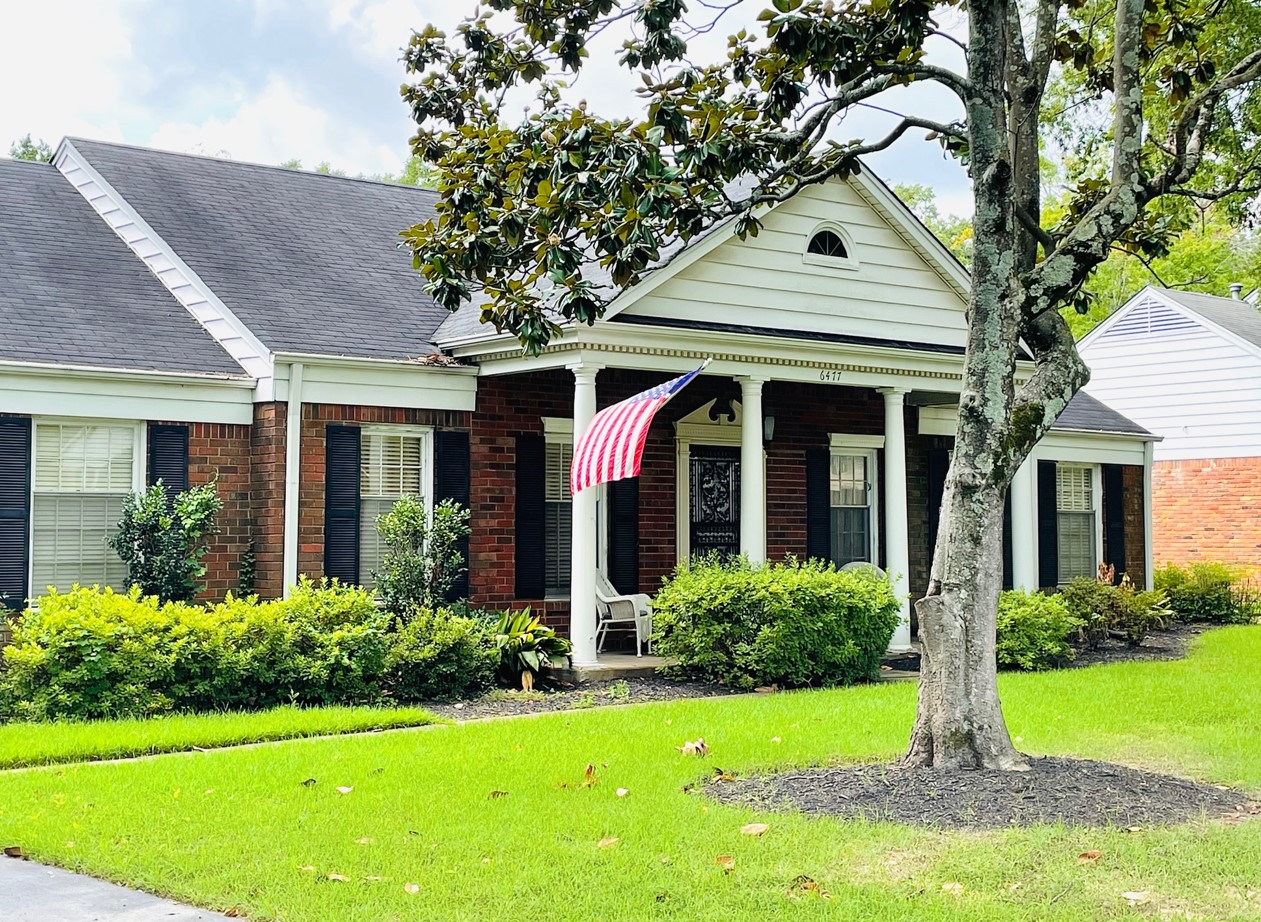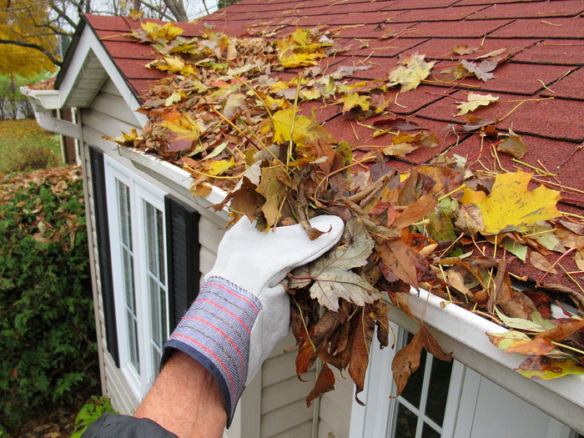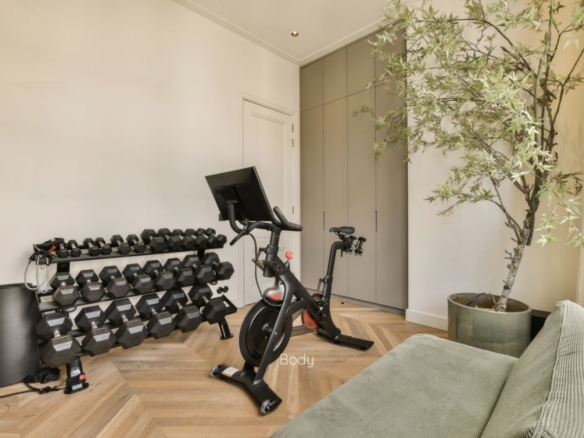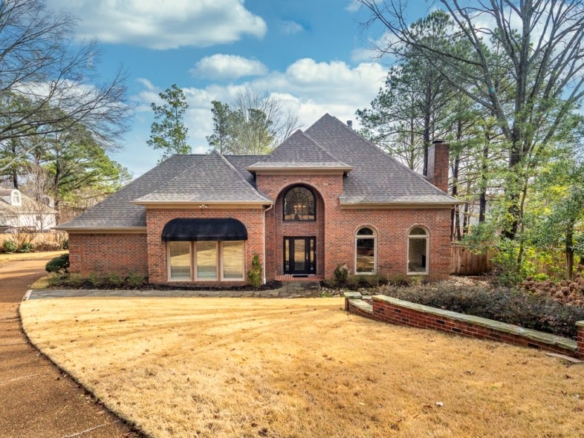Rising Interest Rates and What It Means for You
When you look in the news each day, there seems to be a common theme: inflation and rising interest rates. As inflation grows, the Fed raises interest rates to dissuade people from borrowing to lower the total amount of money in circulation. But, how exactly does that affect homebuyers, especially a first time buyer or someone interested in building new construction?
How an Increase in Rates Affects Your Mortgage Payment
Currently, mortgage rates are equivalent to back in the Great Recession over a decade ago. Before then, in 1996, mortgage rates were almost 8% and in 1986, rates hovered over 10%! So, believe it or not, these rates are not anywhere near historic highs.
Right now, the average interest rate for a good credit score is hovering around 7%. That means for a $400,000 home the principal plus interest would be around $2,600 a month. If you were to have locked in a rate one percentage point lower earlier this year at 6%, you would be paying roughly $2,450 a month, adding costs of $1,800 a year.
As always, my recommendation would be to shop around mortgage rates and look to local lenders especially, who can work closely with you on closing costs to better fit your budget. If you are looking for a house in Pickwick, a national lender will not know the area as well, which could lead to increased delays and potentially costs. Every fraction of a percentage point is valuable and locking in quickly could save money in the long-term.
Get a Deal, then Refinance
Any mortgage has the principal (which is the amount borrowed for the cost of the house) and interest (the rate the bank charges you). While the principal amount is a known amount that will slowly get lower as you pay off the mortgage, the interest on the loan can be through by refinancing later. Much like everything else in the economy, interest rates should eventually come back down to earth and that poses an excellent time to refinance to lock in a lower monthly payment.
Even though mortgages over 7% increases your payment each month, you will still be reducing the overall principal on the house. As interest rates rise, home prices will consequently start coming down. While the lower home cost might not completely offset the rising rate, you are not committed to the rate for the entirety of the mortgage. If you are willing to pay a little for a few years, you can then refinance, which could result in a lower priced home with a lower interest rate.
Why Rising Interest Rates Help Real Estate Investors
Increased mortgage rates and supply costs are deterring homebuilders from building new construction, meaning the supply of new homes is becoming stagnant. Demand for new homes also is decreasing. I have seen homes that would have had 20 offers only have 2 or 3. This means the frenzy of skyrocketing prices might be slowing down. Investors might find this to be the perfect time to get a great deal on a property that might have been out of their price range last year.
Remember, investing in real estate is a long-term prospect and prices as a whole have always increased compared to a decade earlier. By getting in now, you can begin accruing equity and the tax benefits that come with investing.
Click here to learn more about me and how I can help you with your real estate needs.
Whether Memphis or Pickwick Lake, primary home or investment, I’m happy to offer my services.
Contact me at 901-468-7030 or Marygrodskyrealtor@gmail.com
Mary Grodsky, Crye-Leike Realtors
E: Marygrodskyrealtor@gmail.com
C: 901-468-7030
O: 901-756-8900




